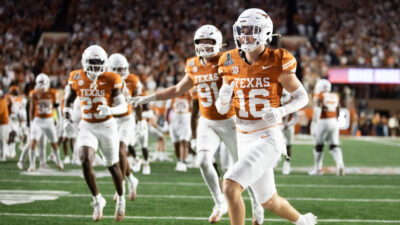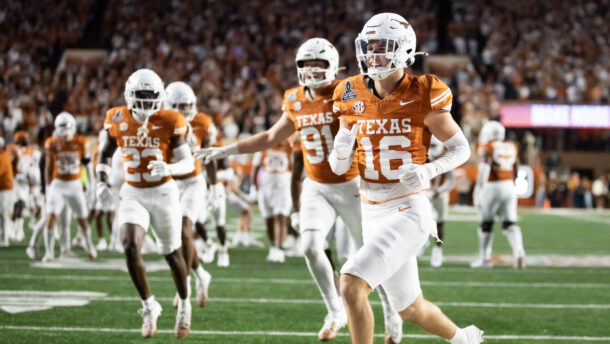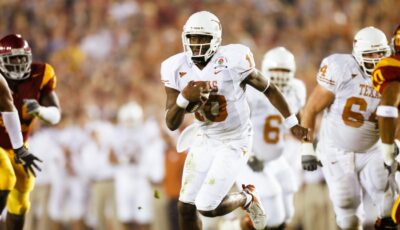Department of the Interior jumps back into fight for Florida online sports betting
Here we go again, Florida.
Deb Haaland, Secretary of the Interior, and the Department of the Interior filed a notice of appeal for U.S. District Court Judge Dabney L. Friedrich’s November decision to invalidate the 30-year gaming compact between the Seminole Tribe and Florida. Friedrich’s decision invalidated Haaland’s approval of the gaming compact, which granted Florida online sports betting and retail sports betting rights exclusively to the Seminole Tribe.
The Seminole Tribe filed its own appeal of Friedrich’s decision this past November with the U.S. Court of Appeals.
Federal government appealing gaming compact ruling
The DOI’s notice of appeal gives no clues as to what the federal government may argue or present in their appeal.
The invalidated 30-year gaming compact granted the Seminole Tribe exclusive rights to online sports betting through a “hub-and-spoke” system, as well as expanded gaming rights, in exchange for at least $2.5 billion over the first five years. The “hub and spoke” system allowed sports bets to be placed anywhere in the state as long as they were processed by computer servers located on Tribal Land. Additionally, the gaming compact allowed Seminole Tribe casinos to offer roulette and craps, and allowed the expansion of tribal casinos at several locations.
In her November decision, Friedrich wrote that the compact violated the Indian Gaming Regulatory Act (IGRA) and its condition limiting tribal gaming to the confines of tribal lands. The original lawsuit against the compact was filed by West Flagler Associates on behalf of the Magic City Casino and Bonita Springs Poker Room.
Throughout the legal proceedings the Seminole Tribe argued that the servers being used to process the online sports bets were located on tribal lands, which meant the bets themselves were placed on tribal lands.
In her decision, Friedrich wrote this line of thinking was “fiction.”
“And although the Compact ‘deem[s]’ all sports betting to occur at the location of the Tribe’s ‘sports book(s)’ and supporting servers, see Compact § III(CC)(2), this Court cannot accept that fiction. When a federal statute authorizes an activity only at specific locations, parties may not evade that limitation by “deeming” their activity to occur where it, as a factual matter, does not,” Friedrich wrote.
Other paths to Florida online sports betting
Friedrich noted in her opinion that the decision did not “foreclose other avenues for authorizing online sports betting in Florida.” She specifically noted that a citizens’ initiative could be enacted to legalize online sports betting in the state or another gaming compact could be approved that authorized online sports betting solely on tribal lands.
While a new gaming compact has yet to be discussed, a citizens’ initiative is in the works. A FanDuel and DraftKings backed citizens’ initiative currently has until Feb. 1 to gather more than 891,000 valid signatures to appear on the 2022 November general election ballot.
As of Jan. 21, the citizens’ initiative has received 404,697 valid signatures.
Robert is an expert on sports betting in the United States, specifically the legalization process and regulation surrounding the industry.







